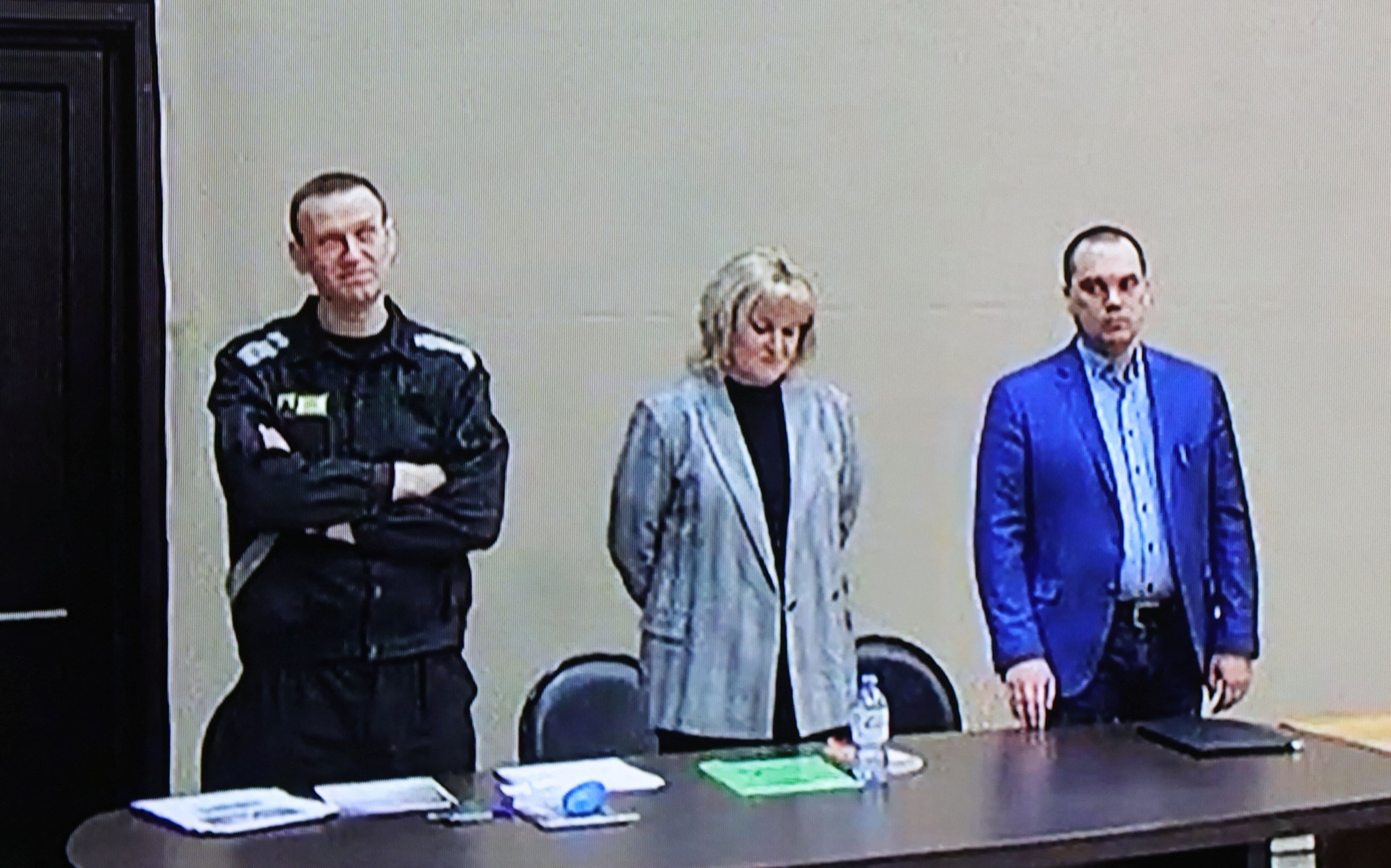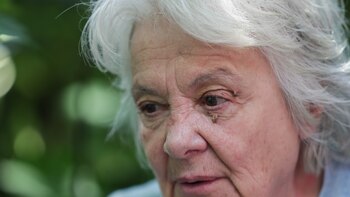
The United States called a “farce” the new trial against Russian opposition leader Alexei Navalny, who was sentenced by a Russian court on Tuesday to nine years in prison , in a new “attempt to silence” “independent voices” critical of the Russian authorities.
This was stated in a press conference by State Department spokesman Ned Price, where he “roundly condemned the Russian Federation's organization of a farce trial to sentence Navalni with more false charges to nine more years in a high-security prison.”
The US official highlighted the “grave concern” over Navalny's sentence, noting that it is “the latest in (Moscow) attempts to silence opposition figures and independent voices who have been critical of the Russian authorities.”
Price also assured that the objective of this new condemnation “is to hide the brutal and unprovoked war launched by the Kremlin against Ukraine.”
The sentence against Navalny - which includes a fine of 1.2 million rubles (about $12,000) for contempt of court - was handed down in the Pokrov prison, 85 kilometers from Moscow, where he is currently serving a sentence and where the trial took place.
“The number (of years of the sentence) does not matter. It's a tablet on the prison camestro, that's all. And neither I nor my comrades will not sit idly by,” said the opposition leader, shortly after, on his Telegram account.
The prosecution had requested a 13-year prison sentence for Navalny for allegedly diverting, together with his collaborators, 2.6 million rubles (about $25,000) of donations given to his anti-corruption organization.

Since February 2021, Navalny, considered one of the most critical voices of the Kremlin, is serving a two-and-a-half year prison sentence for another case of alleged fraud dating back to 2014.
In 2020, the opponent spent several months in treatment in Germany after surviving a nerve agent poisoning, for which he held Russian President Vladimir Putin responsible.
Russia has also increased pressure on independent media and NGOs, stating that many are “foreign agents”, while others have stopped operating for fear of prosecution.
More media closures occurred after Russia passed a new law that introduced up to 15 years in prison for “fake news” about Russia's military action in Ukraine.
In an effort to further control the information available to its national audience, Russia this month restricted access to Twitter, Facebook and Instagram, and blocked the websites of several independent media outlets.
On Instagram, Navalny has denounced the invasion of Ukraine and called on his followers to protest despite the high probability of fines and arrests.
More than 15,000 people have been arrested in anti-war demonstrations across Russia since Putin sent troops to Ukraine on February 24, says independent monitor OVD-Info.
(With information from EFE)
Keep reading:
Últimas Noticias
Debanhi Escobar: they secured the motel where she was found lifeless in a cistern

The oldest person in the world died at the age of 119

Macabre find in CDMX: they left a body bagged and tied in a taxi
The eagles of America will face Manchester City in a duel of legends. Here are the details

Why is it good to bring dogs out to know the world when they are puppies




